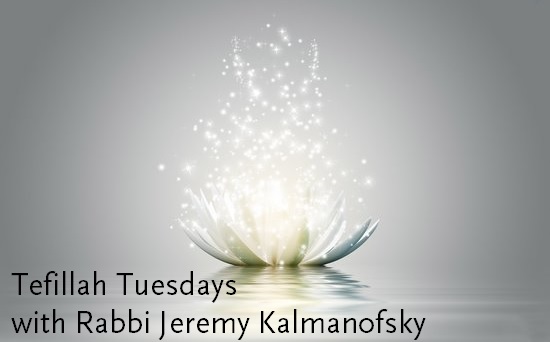כל הנשמה תהלל י’ה!
Let every breath praise the Lord!
Everyone loves the climactic 150th chapter of Psalms, an orchestra and ballet of praise [Praise God with Shofar blasts … with harp and lyre … with drums and dance]. This week and for a few subsequent posts, I will offer some comments on this beloved text.
For the first, let me invoke a slightly sourpuss – or perhaps appropriately hard-headed comment from the holy Zohar, the 13th century Spanish Kabbalistic masterpiece:
“Said R. Elazar: What is the meaning of the verse Praise God with Shofar blasts … with harp and lyre … with drums and dance … with organs and all instruments? Does God need any of that? Rather, King David [the putative author of the psalm] teaches that however grandly you praise God with musical instruments, it counts for nothing unless you take the final step. Though you praise God with ringing bells and blasting trumpets, this is meaningless. That is not praise. What is true praise? Let every breath praise God, Halleluyah! [זהר חדש יא, ב].”
Nowadays, liberal American Jews typically love this psalm for affirming the power of musical instruments to give voice and to evoke joyful worship. That’s true, as far as it goes. But as this Zohar passage asserts, the instruments are not the point. At most, they are tools to draw forth spirituality. The human soul is the most essential instrument for any holy song. Everything else is just the externals. If it doesn’t touch the internal, the realm of the neshama, it’s not good enough.
This passage reminds me of a teaching on consciousness from the 18th century Hasidic master, R. Dov Ber, the Maggid of Mezritch [מגיד דבריו ליעקב ק”ו]. He encouraged people to sense the infinite divine mind and divine spirit operating through their own mortal lives. “You would have no power of speech were the Power of Divine Speech speaking through you, as it is said: Lord open my mouth the sound. and let my lips declare Your praise. Similarly, you could not think without the realm of divine thought. You are the Shofar. The breath that one blows into the shofar produces the sound. If the one who is blowing departs, there is no music.” Praising God with “sounds of shofar” is awesome. But ultimately no music comes from the shofar, a hunk of horn. It comes from the breathing spirit that brings the horn to life.





